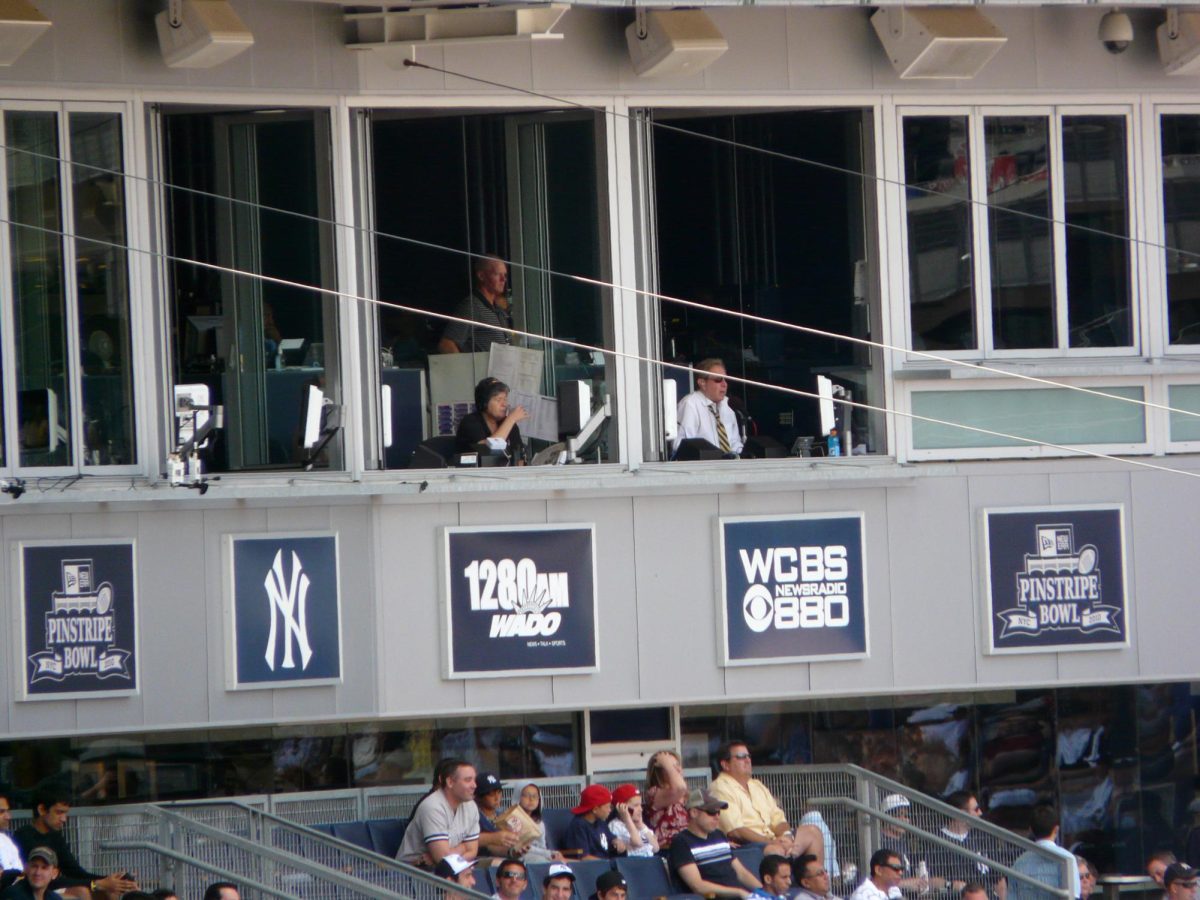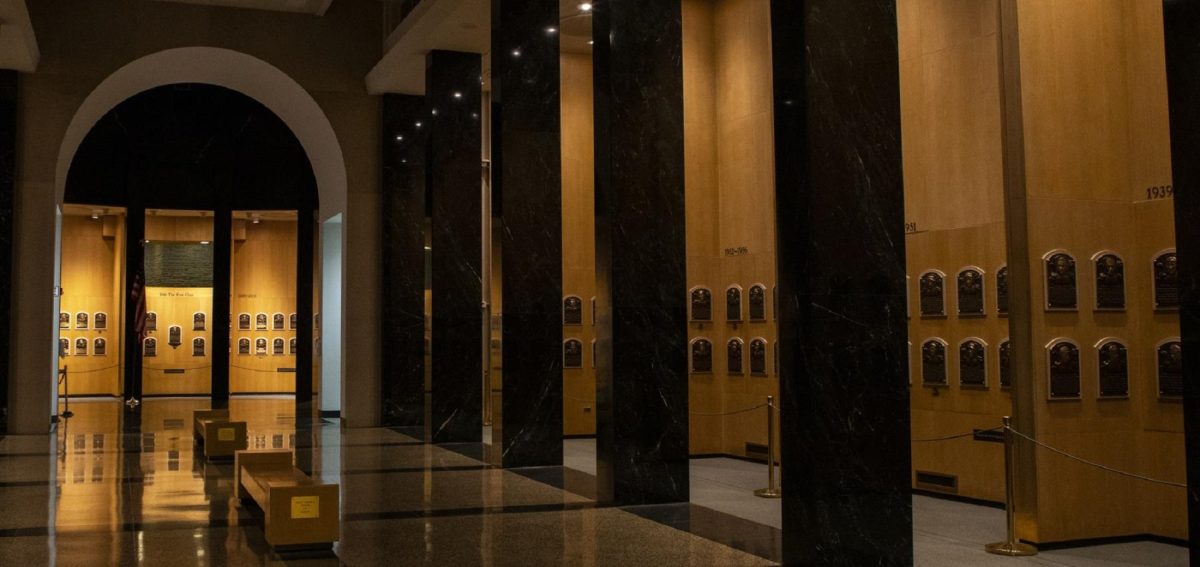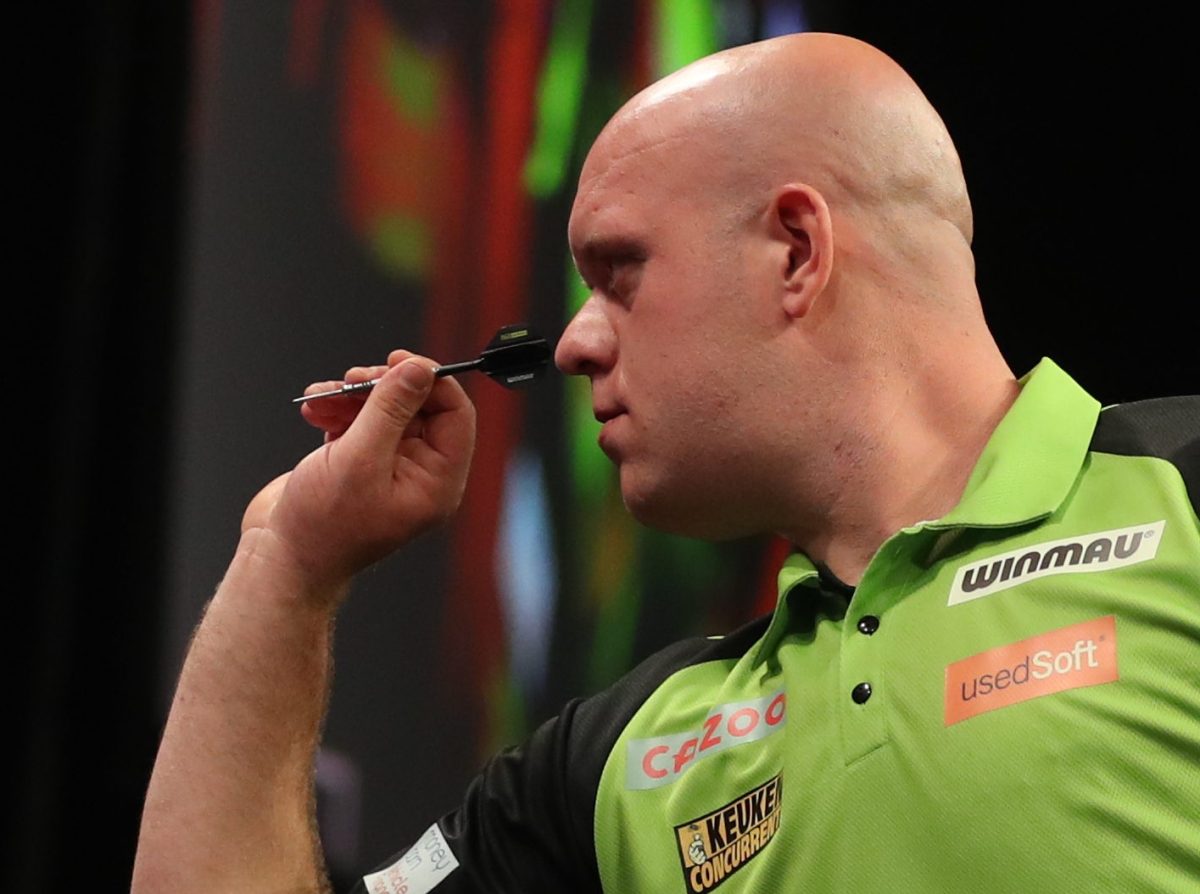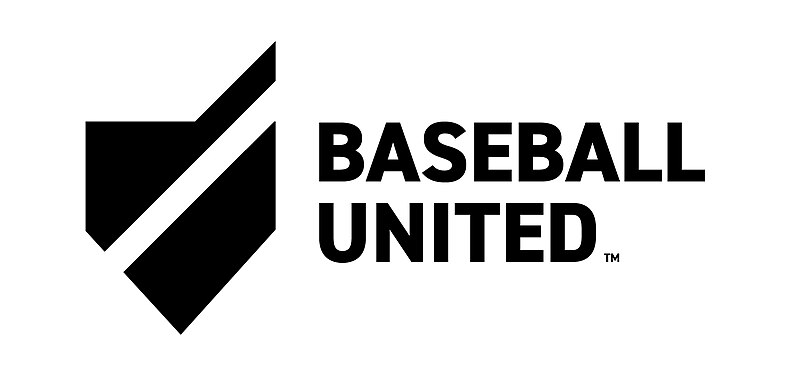The current NBA playoff format was established in 1984. It is comprised of 16 teams, eight from both the Western and Eastern conference that face off in three rounds of conference series. The winners of each conference series then battle in the finals, a best-of-seven series.
This system ensures that the league can generate the most revenue off its equivalent to the NFL’s Super Bowl by having games played in different markets and different time zones over the course of the series.
In addition to the financial benefits, this format has fostered the growth of legendary rivalries between far-flung cities — Los Angeles and Boston being a notable example — and has added an extra fold of nuance to the nature of trade agreements and free-agent signings.
That being said, this format and its focus on geography need to be changed in order to preserve the sanctity of the game.
Last week, NBA Commissioner Adam Silver came out in favor of playoff format reform on the basis of the current imbalance of talent between the Western and Eastern conferences.
Silver pointed out that the disparity is leaving certain Western conference teams out of the playoffs even though there are Eastern conference teams with worse records currently in position to make the playoffs. Silver suggested that the NBA would move to a new format in the coming seasons, one in which the top-16 teams in the league get playoff berths, regardless of geographic location.
This solution would be a welcome remedy for the perennial runners-up of the Western Conference. The Phoenix Suns narrowly missed the playoffs last season and seem destined to suffer the same fate this year despite having asurprisingly successful rebuilding period.
Last season, with a 58.5 percent winning percentage and the 12th-best record in the league, the Suns were denied a playoff berth and had to watch the Atlanta Hawks, with their 46.3 percent winning percentage, sneak into the Eastern Conference quarterfinals.
The Suns are on pace to fall victim to the same arrangement this same season, as their 54.7 percent winning percentage puts them at 14th-best in the league, but at a risk-addled eighth-best in the Western conference, thus leaving them with the possibility of being on the outside looking in come June.
Similarly, the Oklahoma City Thunder have a winning percentage of 51 percent but are at risk of missing the playoffs for the first time since the 2009 season.
Though the initial design of the NBA playoffs had financial payoffs, Silver’s decision to speak out on the matter reflects the negative consequences this antiquated arrangement has on the league’s business side.
When league stars like Kevin Durant, Russell Westbrook and Anthony Davis are sitting on the couch in April watching Brandon Knight and Gerald Henderson duke it out on the hardwood, the league’s branding begins to suffer.
Playoff appearances have a real, quantitative impact on the jersey sales that make up $900 million in league revenue annually. For instance, Dirk Nowitzki did not crack the top 10 in jersey sales until his 2011 championship run put him at seventh in number of jerseys sold in 2011-2012. The following year, which saw the Dallas Mavericks fail to reach the playoffs for the first time in over a decade, Nowitzki failed to even get into the top 15 of jersey sales.
Considering that Durant and Westbrook had the second and 12th most popular jerseys in 2014, respectively, a Thunder absence from this season’s playoffs could potentially be a significant loss for the league’s bottom line.
The NBA should look to adopt the same tournament setup utilized by the NCAA for its college basketball championship. There are parallels between the various NCAA Division I leagues and the NBA’s six regional five-team divisions.
The winners of these NBA divisions should be granted playoff berths, with the next ten teams with the best records also being granted spots in the playoffs. At that point, they would just be seeded one through 16 and go about tournament play.
This kind of system would ensure that the best teams get the chance to compete in the playoffs, without arbitrary geographic restrictions limiting the merit of the results.
Max Fiege is a freshman in the School of Foreign Service. OUT OF OUR LEAGUE appears every Tuesday.




















